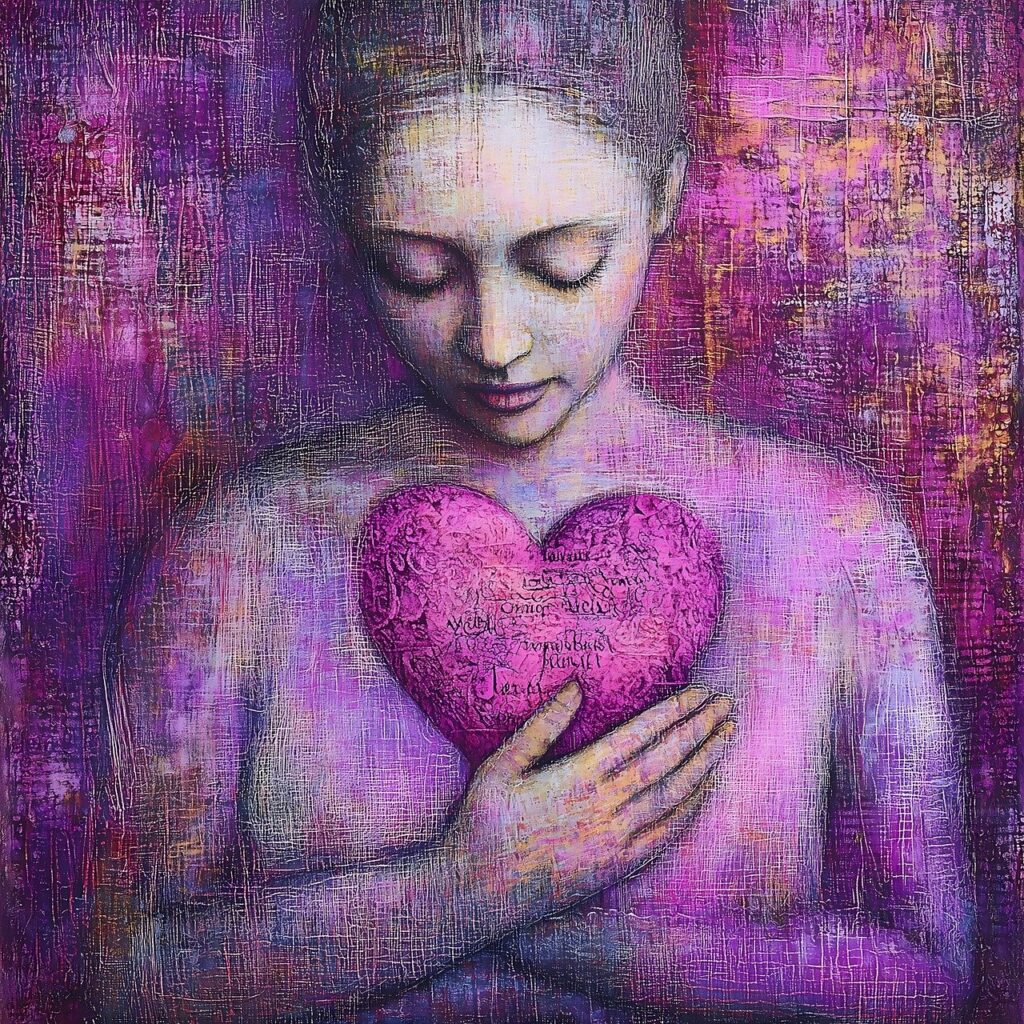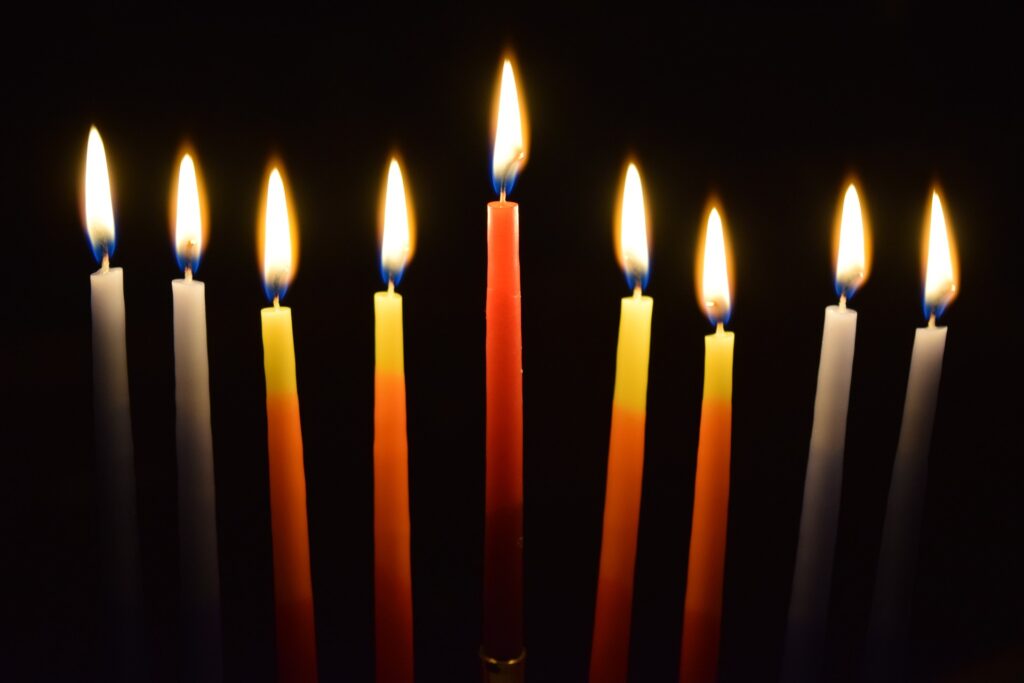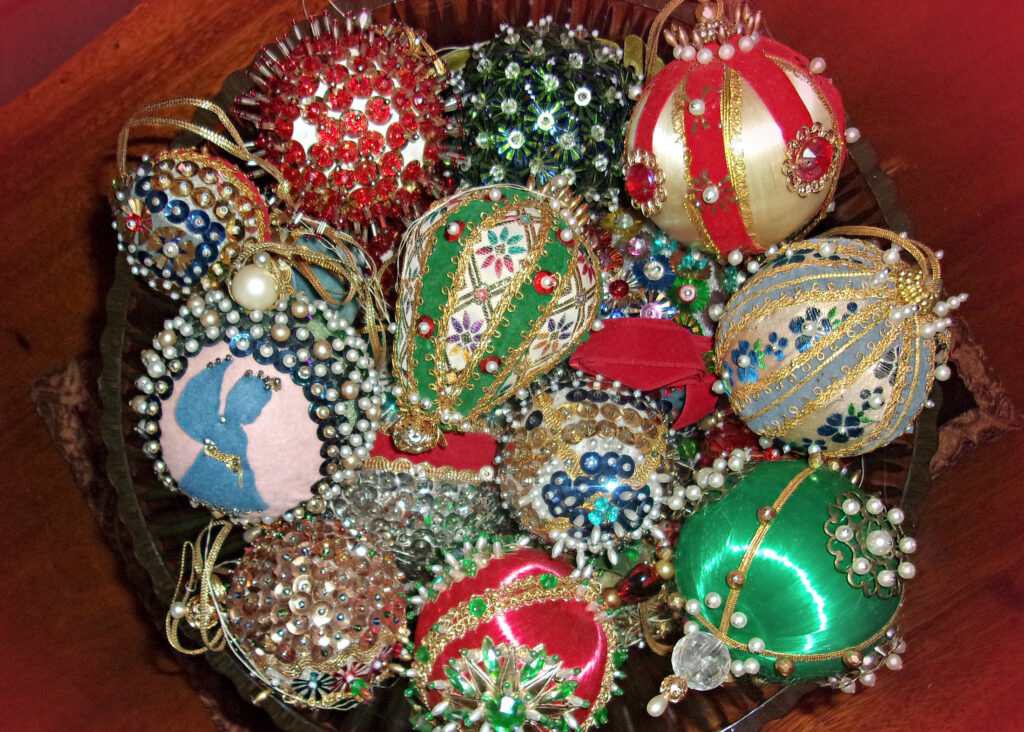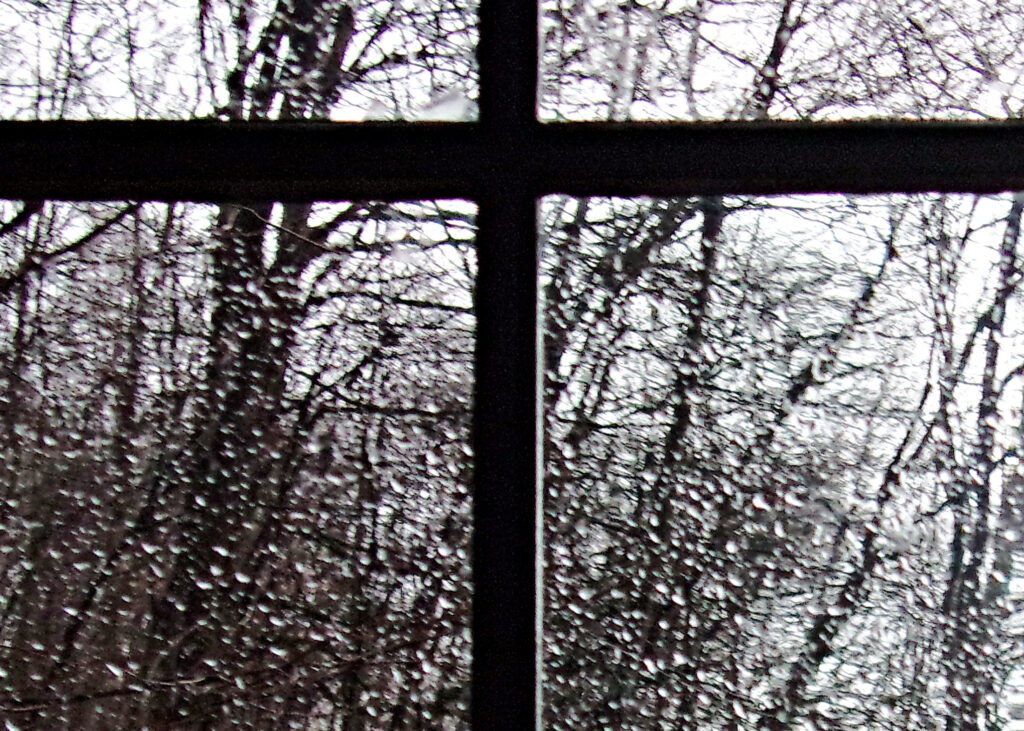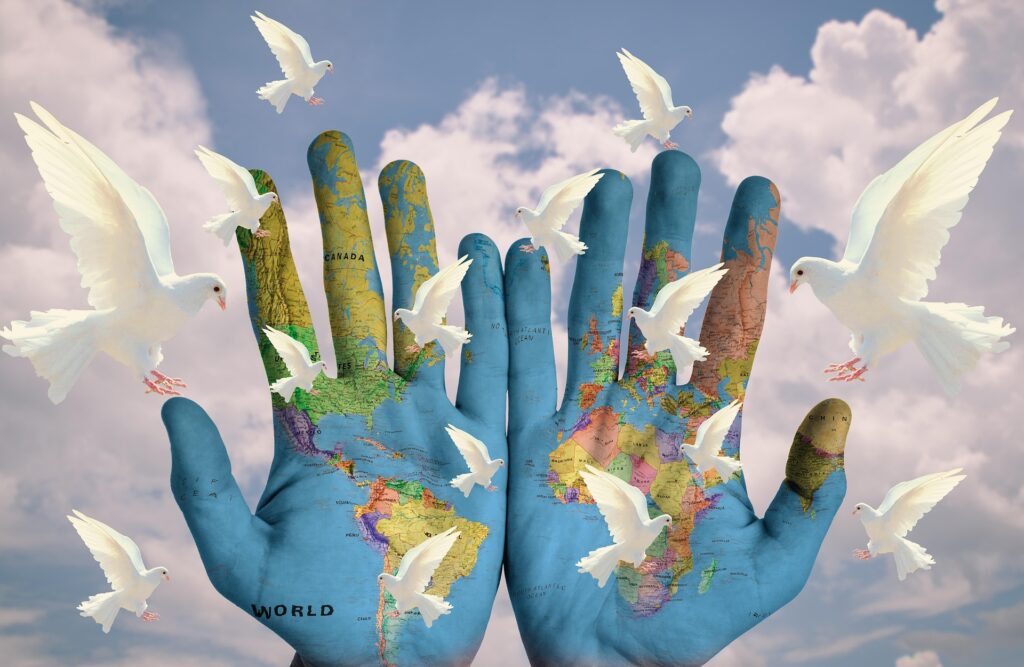
After a week that held its share of attitude testing events, I found myself burrowing through my inspiration folder for a way to bolster myself against the temptation to give in to gloom. It had been a cold and dreary week in my little corner of the world, and I needed a lift.
When you notice that your spirit is sagging, it’s good to search for rays of light. We find what we look for, after all. Pro-actively seeking the positive is far healthier than allowing yourself to slide into a pit of gloom and despair. Pity parties are so boring.
I ran across a trick I liked from Dr. Barbara Fredrickson, positive psychology researcher. She suggests that when you’re on a gloomy patch of the road, you begin simply by asking yourself, “What’s good about this moment?” and expecting to find an answer.
I gave it a whirl. “What’s good about this moment?” I asked, as I felt the heaviness in my heart over the latest piece of news.
“This pain allows you to see the depth of your compassion for all who suffer,” some kind of inner knowing said. “In this moment, your love is overpowering, flowing through every molecule of you and out into everything in the world, and everyone you think of.”
I hadn’t expected an answer of that depth, but it put me in touch with what was going on in the center of me. And from there, it radiated out.
I noticed the colors around me, how the photos on the wall always made me smile, the way the light and shadows fell so softly around me. That was my love flowing out to my surroundings. I could feel it and it made me smile. Deeply. From the inside out, full of contentment and gratitude.
That’s the way it works. Ask what’s good about the moment, and in one form or another, the answers will present themselves to you.
I returned from my reverie to the open inspiration folder on my screen. My eyes fell on an exercise that I’d added last spring. It was an exercise you could do in the morning to begin your day on a note of hope.
That fit. It was hope I was seeking when I opened the folder in the first place.
This little exercise is from the book Five Good Minutes by Jeffrey Brantly, MD and Wendy Millstine.
What you do is speak (to yourself, or our loud) a list of as many hopeful thoughts for yourself, your loved ones, the planet, and the universe as come to you, beginning each sentence with the words, “I have hope today . . .”
Here are some hope-filled suggestions the authors give to get you started:
“I have hope today that everything will go smoothly at work.”
“I have hope today that my family is healthy and happy.”
“I have hope today that my pet is feeling safe and content.”
“I have hope today that my friends and loved ones are having good experiences in life.”
“I have hope today that peace on earth will infect the planet and restore harmony.”
You get the idea. Make up your own.
The brilliant thing about the exercise is hidden in the wording. Not only are you sending good wishes to yourself, your loved ones, and the larger world, but you are reminding yourself that you have hope, that it resides inside you.
Writer Barbara Kingsolver has this to say on the subject. “The very least you can do in your life is figure out what you hope for. And the most you can do is to live inside that hope. Not admire it from a distance but live right in it, under its roof.”
This little morning exercise lets you do just that: name what you hope for, and then live right under its roof all day.
Give it a try. I think you’ll like it.
Wishing you a week bright with high hopes and happiness.
Warmly,
Susan
PS
Haha! While I was writing this, song lyrics floated into my mind: “You gotta have hope. Mustn’t sit around and mope . . .” Check this out. It will give you a smile.
(You Gotta Have) Heart – Stereo – Broadway Classic Damn Yankees, 1958


